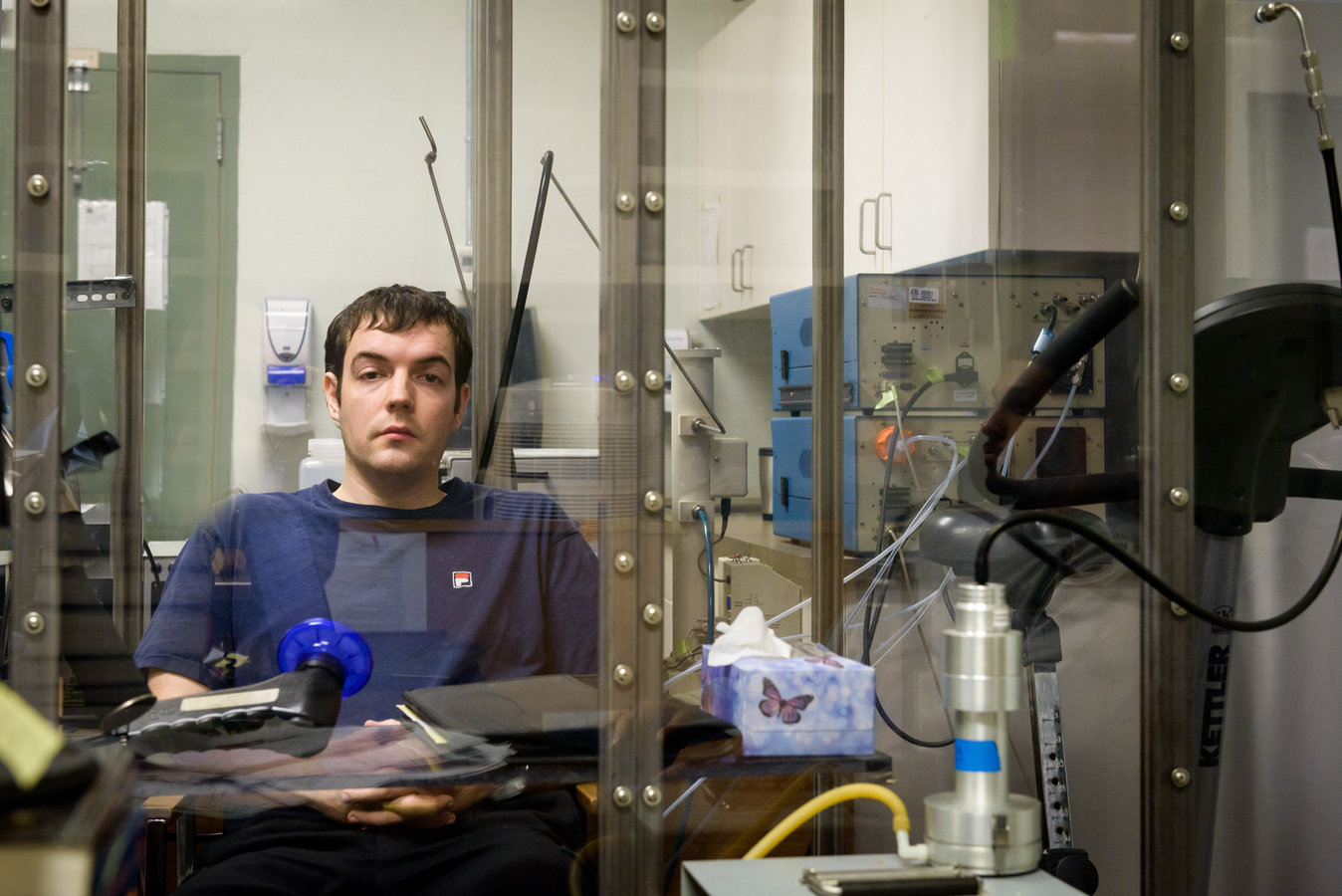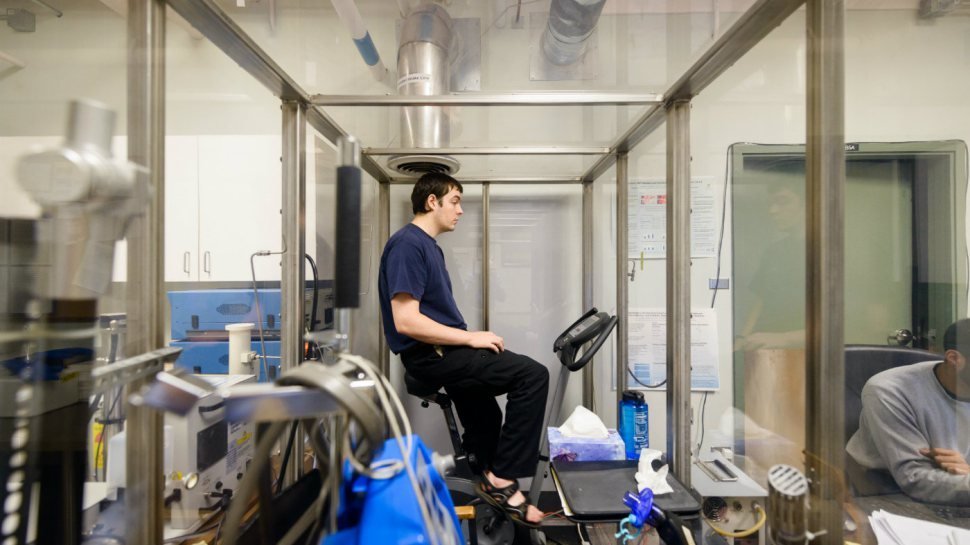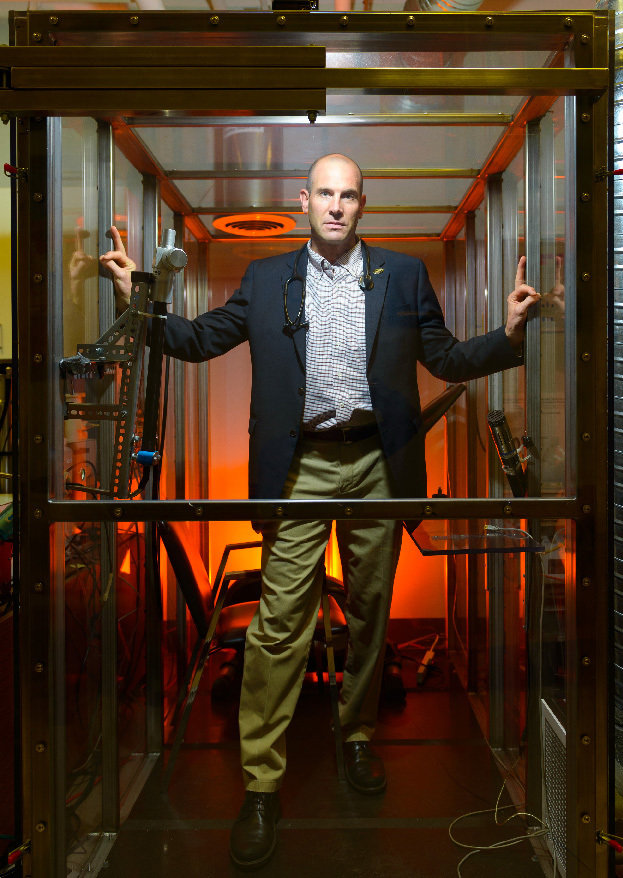the tiny changes air
pollution makes inside you (BBC)
by georgia jarmolkiewicz
- The article explains a Canadian study done to discover the effects of toxins and pollution on our genes.
- It involved subjects being put into small 6x7ft glass boxes and carrying out everyday activities such as watching Netflix or doing paperwork, but having toxic fumes such as those found in pollution pumped into the glass box.
- After this, the subject go directly to the hospital where their blood, urine, and lung function are tested.
- Later, a respiratory specialist will insert a tube down their anaesthetised throat, squirt saline into the top of their lungs, and suck back fragments of lung tissue loosened with a prickly brush.
Who will benefit from this study?
- Developing countries will benefit from this study as it helps convince these countries to prioritize pollution as an issue that needs attention, and can educate the public on the severity of this problem.
- Developed countries can use this study to better understand the dangers of pollution and educate the public.
What are the implications of this study?
Social - this article and study, published on one of the most widely read newspaper websites in the world, will help to inform the public (worldwide) about the issue with pollution and how it affects them individually, encouraging action to be taken (protests, petitions)
it also may create some controversy due to the risk the human subjects were put at, despite their consent.
Economic - this article may be part of a larger effect, causing the slowing of car sales, but the rise of electric car sales. Also, governments may prioritize their spending to reduce toxic emissions through clean air zones, electric public transport, manufacturing/industrial regulations and driving regulations.
Environmental - encourages the public to take better care of the environment, consider their own carbon footprint and how to reduce it.
Political - Encourages government to take action, and encourages public to pressure government to prioritize pollution
I agree with this article, it is mostly factual but suggests that pollution is not enough of a priority and cleaning the air is crucial to the health of our earth and future generations, which i believe is very important.



respiratory specialist Dr Chris Carlsten who is leading the study standing inside the pollution box
Chris Bunters, a participant in the study doing his 'box-time' exercising and working